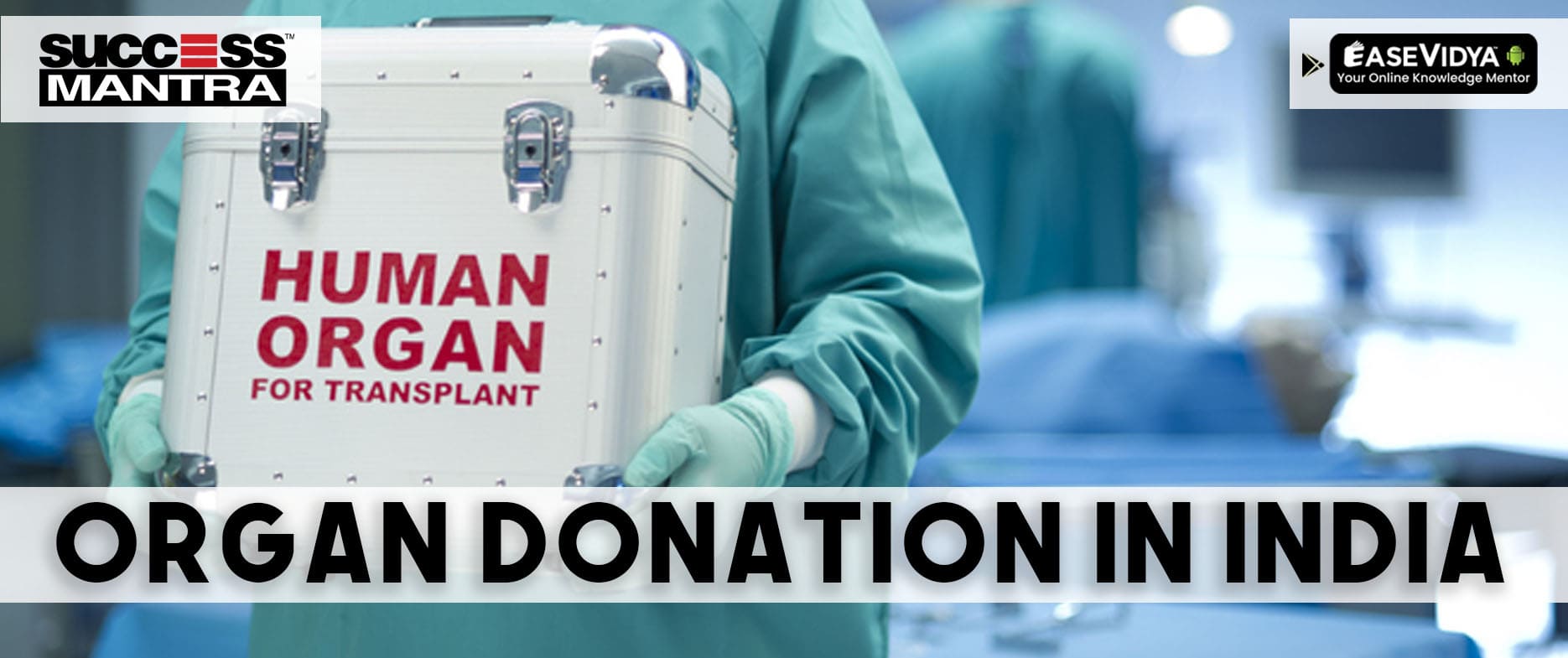
Organ Donation in India: Navigating the Complexities of Legality and Addressing Fraudulent Practices
Organ Donation in India: Navigating the Complexities of Legality and Addressing Fraudulent Practices
Introduction:
Organ donation in India holds immense potential for saving lives, providing a ray of hope for those in dire need of transplants. However, amidst the noble intentions and life-changing possibilities, there exist challenges related to fraud and legal complexities. This article aims to shed light on the landscape of organ donation in India, examining prevalent fraudulent practices, the legal framework in place, and significant case laws that have shaped the country's approach to this critical aspect of healthcare.
The Landscape of Organ Donation in India:
India faces a significant demand for organ transplants, driven by a large population and a rising incidence of organ failure. While the need is substantial, the availability of organs remains limited, leading to an intricate web of challenges and, unfortunately, instances of fraud. Understanding the dynamics of organ donation in India is crucial for identifying and addressing fraudulent practices.
- Demand and Supply Discrepancy:
The demand for organs, particularly kidneys and livers, far exceeds the available supply in India. This stark imbalance creates an environment where individuals may resort to illegal means to obtain organs or manipulate the donation process for personal gain.
- Challenges in Organ Procurement:
Organ procurement in India faces hurdles such as cultural beliefs, lack of awareness, and insufficient infrastructure. These challenges contribute to the scarcity of organs and create opportunities for unscrupulous individuals to exploit the system.
Fraudulent Practices in Organ Donation:
- Commercialization of Organs:
One of the most pressing issues in the Indian context is the commercialization of organ donation. Illegal organ brokers exploit the desperation of patients and the scarcity of organs by facilitating the sale of organs, a practice strictly prohibited by law.
- Falsification of Documents:
Instances of falsifying documents to facilitate organ transplantation also pose a significant threat. Fraudulent documentation may include misrepresentation of relationships between donors and recipients, forging medical records, or providing false information to expedite the organ allocation process.
- Exploitation of Vulnerable Donors:
Vulnerable individuals, often from economically disadvantaged backgrounds, may be coerced or manipulated into donating organs against their will. This exploitation not only violates ethical principles but also raises concerns about the consent and well-being of the donors.
Legal Framework Governing Organ Donation in India:
To combat organ donation frauds and establish a robust framework, India has enacted laws and guidelines that govern the entire organ donation and transplantation process.
- The Transplantation of Human Organs and Tissues Act (THOTA):
Enacted in 1994 and amended in 2011, THOTA is the primary legislation regulating organ transplantation in India. The act outlines the legal requirements for organ donation and transplantation, the constitution of authorization committees, and penalties for violations. THOTA explicitly prohibits the sale and purchase of organs, emphasizing the voluntary and altruistic nature of organ donation.
- The National Organ and Tissue Transplant Organization (NOTTO):
Established under the Ministry of Health and Family Welfare, NOTTO plays a crucial role in implementing and overseeing the provisions of THOTA. It facilitates organ allocation, maintains a registry of donors and recipients, and works towards ensuring transparency and fairness in the organ donation process.
Case Laws Shaping Organ Donation Legality in India:
Several landmark cases have played a pivotal role in shaping the legal landscape of organ donation in India. These cases have set important precedents, highlighting the need for stringent enforcement of laws and ethical considerations in organ transplantation.
- State of Tamil Nadu v. M. R. K. Mani (2003):
This case addressed the issue of organ trafficking and highlighted the need for strict measures to curb illegal practices. The court emphasized the importance of enforcing THOTA to maintain the integrity of organ transplantation and to protect vulnerable individuals from exploitation.
- P. Rathinam v. Union of India (1994):
In this case, the Supreme Court of India acknowledged the urgency of addressing the shortage of organs for transplantation. The court stressed the need for public awareness campaigns and the establishment of mechanisms to streamline the organ donation process while ensuring compliance with legal frameworks.
- N. P. Gupta v. State of Kerala (2009):
This case underscored the importance of transparency in the organ allocation process. The court emphasized the need for clear guidelines and the proper functioning of authorization committees to prevent fraudulent practices and maintain fairness in organ distribution.
Initiatives to Combat Organ Donation Frauds:
- Public Awareness Campaigns:
To address the challenges of organ donation frauds, various organizations and government bodies in India have initiated public awareness campaigns. These campaigns aim to educate the public about the legal and ethical aspects of organ donation, debunk myths, and encourage voluntary and altruistic donations.
- Strengthening Enforcement Mechanisms:
Efforts are being made to strengthen the enforcement mechanisms outlined in THOTA. This includes stricter monitoring of organ transplant procedures, conducting regular audits, and imposing severe penalties for those found guilty of violating organ transplantation laws.
Conclusion:
Organ donation in India is a field of great promise, offering the potential to save countless lives. However, the prevalence of fraudulent practices poses a significant threat to the ethical and legal foundations of organ transplantation. The legal framework, as outlined in THOTA, provides a solid foundation for addressing these challenges, but effective implementation and continuous vigilance are crucial.
Landmark case laws have played a vital role in shaping the legal landscape, setting precedents that emphasize the need for transparency, fairness, and ethical considerations. As India continues to grapple with the complexities of organ donation, a multi-faceted approach involving legal, ethical, and awareness-building initiatives is essential. By addressing the root causes of fraud, strengthening legal enforcement, and fostering a culture of voluntary and altruistic donation, India can navigate the complexities of organ donation with integrity and compassion.












0 Comment